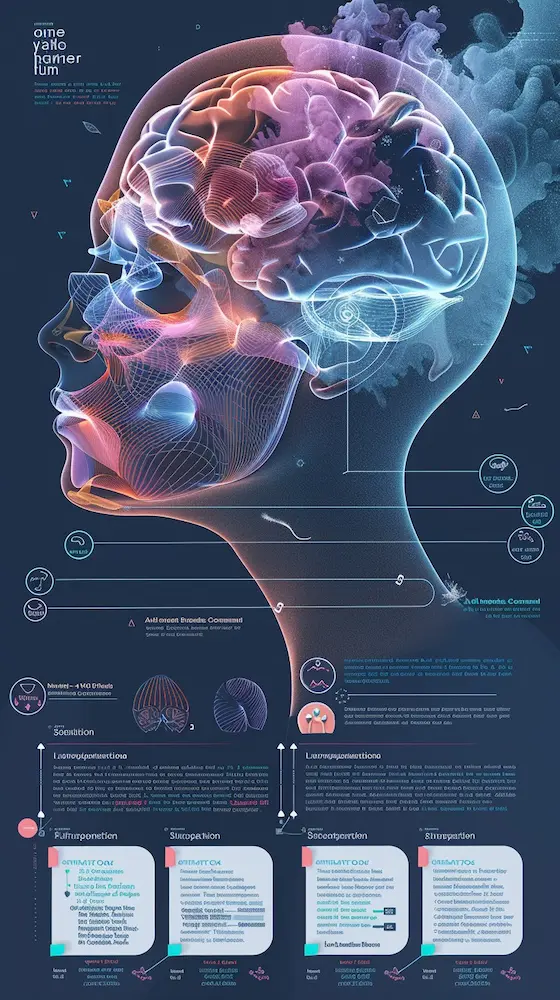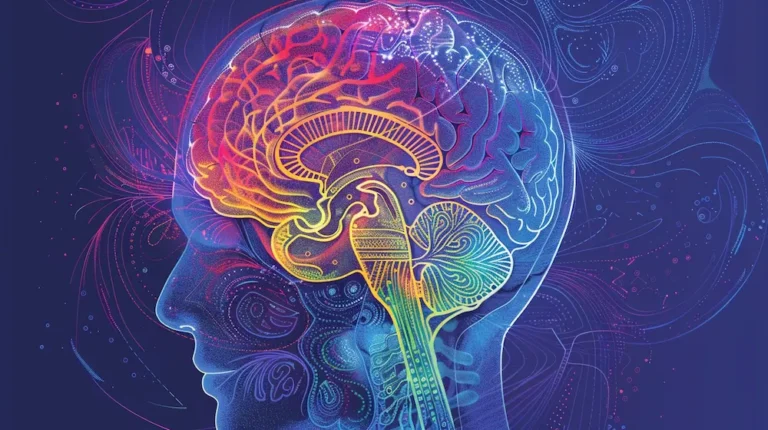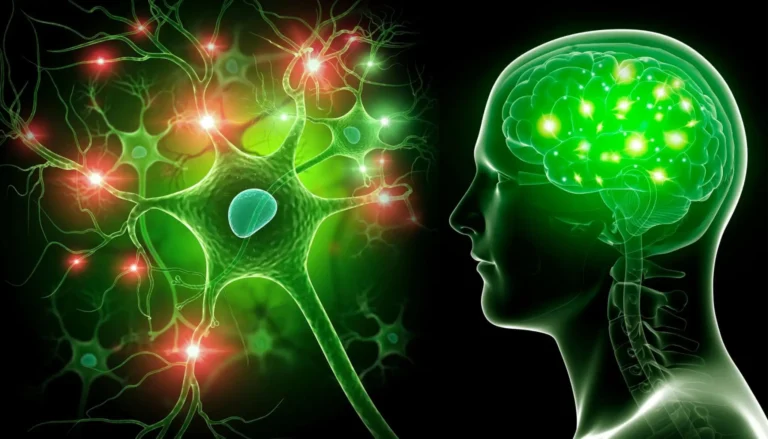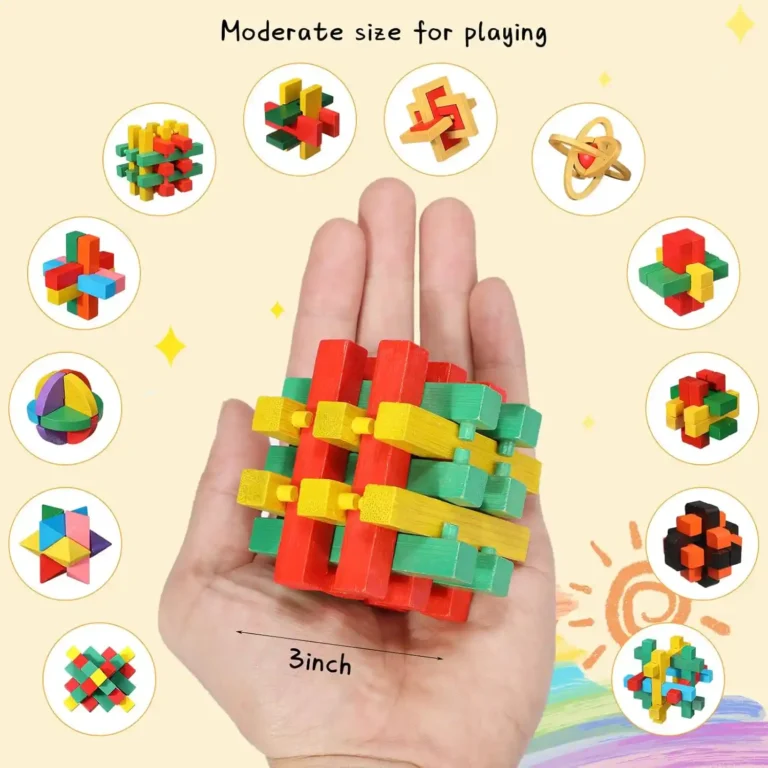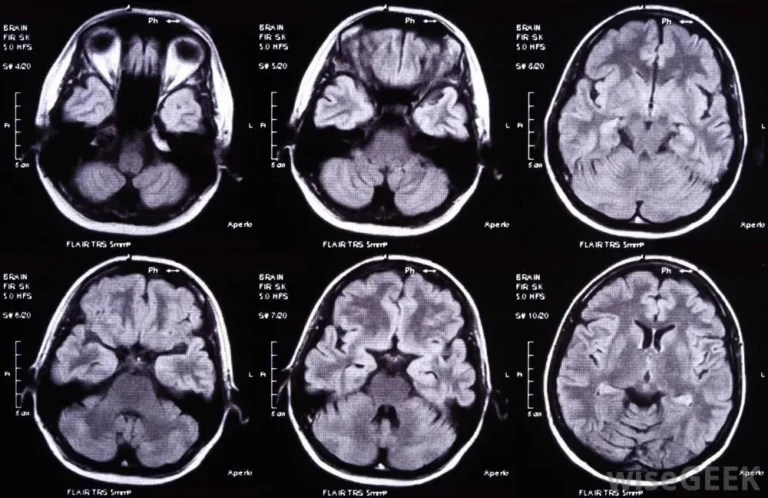Introduction
Transcranial Magnetic Stimulation (TMS) is a groundbreaking non-invasive technique that has garnered attention for its potential to enhance cognitive functions, including IQ, memory, and overall mental health.
This article explores the multifaceted roles of TMS in various cognitive domains, particularly its impact on brain function, depression, and memory enhancement. Understanding TMS’s capabilities can illuminate its importance in contemporary mental health treatment and cognitive rehabilitation.
TMS utilizes magnetic fields to stimulate specific areas of the brain, leading to changes in neuronal activity. This innovative approach has been recognized as a promising alternative for individuals who have not responded well to traditional therapies.
As we delve deeper into the roles of TMS, we will explore its mechanisms, benefits, and the latest research findings. This comprehensive guide aims to provide a thorough understanding of how TMS can enhance cognitive functions and improve mental health.
See also our Trivia game generator or Fun Facts game for even more fun!
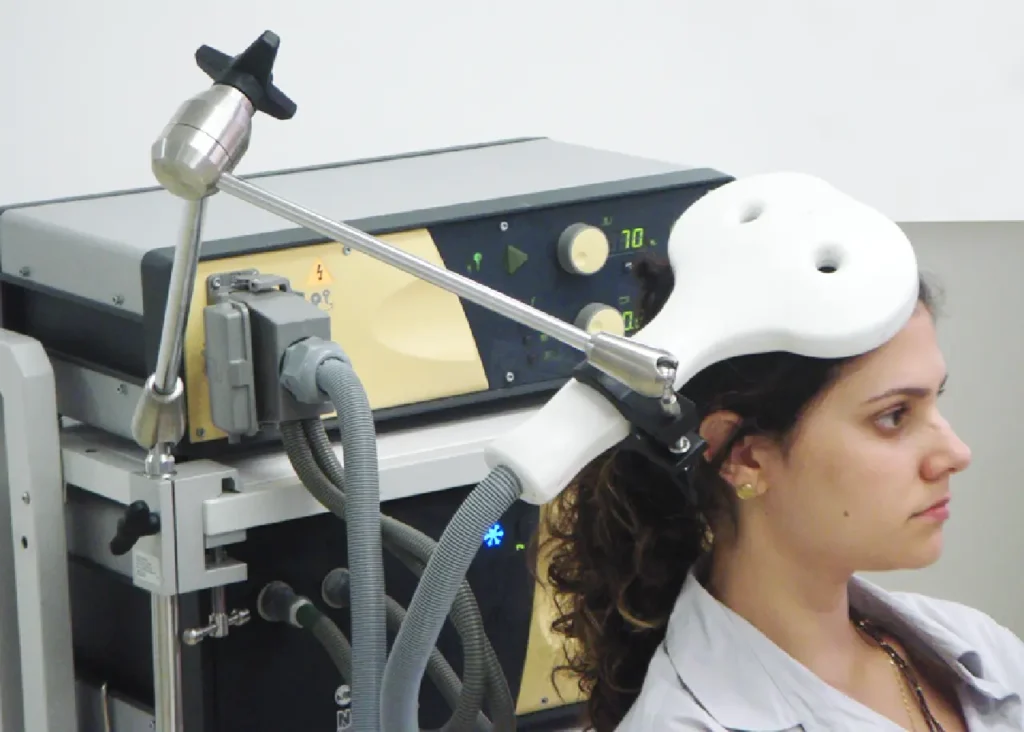
What is Transcranial Magnetic Stimulation?
Understanding the Basics of TMS
Transcranial Magnetic Stimulation is a therapeutic technique that uses magnetic fields to stimulate nerve cells in the brain. It is primarily used to treat depression, especially in patients who have not responded to traditional treatments like medication or psychotherapy.
Key Points:
- Non-invasive: TMS does not require surgery or anesthesia.
- FDA-approved: The treatment is recognized and approved by the Food and Drug Administration for depression.
- Mechanism: TMS works by sending magnetic pulses to specific areas of the brain, which can enhance neuronal activity and improve mood.
Historical Background Of Transcranial Magnetic Stimulation
The concept of using magnetic fields to influence brain activity dates back to the late 19th century. However, it wasn’t until the 1980s that researchers began to explore TMS as a therapeutic tool.
The first clinical applications of TMS emerged in the 1990s, focusing primarily on treating depression. Since then, TMS has evolved significantly, with ongoing research investigating its efficacy in various mental health conditions and cognitive impairments.
How Does TMS Work?
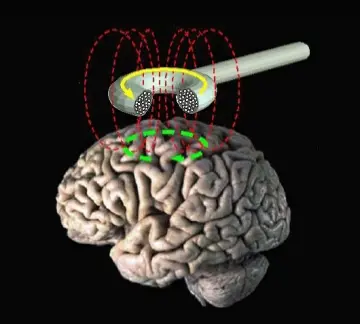
The Science Behind TMS
TMS operates on the principle of electromagnetic induction. A coil placed on the scalp generates magnetic fields that penetrate the skull and stimulate the targeted brain regions. This stimulation can lead to changes in brain activity, which is particularly beneficial for individuals with mood disorders.Process Overview:
- Preparation: The patient is seated comfortably, and a coil is positioned on their head.
- Stimulation: Magnetic pulses are delivered in short bursts, typically lasting 20-40 minutes per session.
- Sessions: Most patients undergo multiple sessions over several weeks.
Mechanism of Action
TMS primarily affects the cortical areas of the brain, especially the prefrontal cortex, which is involved in mood regulation, decision-making, and cognitive functions. The magnetic pulses induce electrical currents in the neurons, leading to increased neuronal excitability and synaptic plasticity. This process can enhance communication between neurons, improving overall brain function.
Neurotransmitter Release: TMS has been shown to influence the release of various neurotransmitters, such as serotonin, dopamine, and norepinephrine. These neurotransmitters play crucial roles in mood regulation and cognitive processes.
Benefits of TMS Therapy
Why Consider TMS?
TMS therapy offers several advantages over traditional treatment methods:
- Minimal Side Effects: Unlike medications, TMS has fewer side effects, with the most common being mild discomfort at the site of stimulation.
- No Systemic Effects: TMS does not affect the entire body, making it a safer option for many patients.
- Quick Treatment Sessions: Each session is relatively short, allowing patients to return to their daily activities promptly.
Efficacy in Treatment-Resistant Depression
TMS has proven particularly effective for individuals with treatment-resistant depression. Many patients who have not found relief through medications or psychotherapy have experienced significant improvements in their symptoms after undergoing TMS therapy. Clinical studies have reported response rates of approximately 50-60%, with many patients achieving remission.
Cognitive Enhancement
In addition to treating depression, TMS has been investigated for its potential to enhance cognitive functions. Research suggests that TMS can improve attention, memory, and problem-solving skills.
By stimulating specific brain regions, TMS can facilitate cognitive processes and promote neuroplasticity, which is essential for learning and memory.
TMS and Memory: Unlocking Cognitive Potential
The Mechanism Behind Memory Enhancement
Memory is a complex cognitive function that can be significantly impacted by TMS. By targeting specific brain regions, TMS can facilitate memory retrieval and consolidation.How TMS Works on Memory:
- Stimulation of the Hippocampus: TMS can be directed at the hippocampus, a region vital for forming new memories. This stimulation can enhance the brain’s ability to encode and retrieve information.
- Improvement in Learning Tasks: Research has shown that TMS can improve performance in learning tasks, particularly those that involve recalling lists or patterns. This effect is often amplified when TMS is combined with cognitive training exercises.
Research Findings
Numerous studies have explored the effects of TMS on memory enhancement. For example, a study published in the journal Neuropsychologia found that participants who received TMS to the left prefrontal cortex showed significant improvements in verbal memory tasks compared to a control group. Another study in Cognitive Neuroscience reported enhanced spatial memory performance following TMS to the right parietal cortex.
Practical Applications
The potential for TMS to enhance memory has implications for various populations, including:
- Older Adults: TMS may help mitigate age-related cognitive decline and improve memory in older adults.
- Individuals with Cognitive Impairments: TMS can be beneficial for individuals with conditions such as Alzheimer’s disease or other forms of dementia, potentially improving their quality of life.
TMS and Depression: A Pathway to Healing
Addressing Mental Health Challenges
Depression is a prevalent mental health disorder that can severely impact cognitive functions, including memory and decision-making. TMS offers a promising treatment avenue for individuals who have not responded to traditional therapies.
Benefits of TMS in Depression Treatment:
- Non-Invasive Treatment: TMS is a non-invasive alternative to medications and electroconvulsive therapy (ECT), making it a suitable option for many patients.
- Targeting Underactive Regions: TMS stimulates underactive areas of the brain associated with mood regulation, such as the prefrontal cortex. This stimulation can lead to improved mood and cognitive function.
- Long-Term Effects: Studies indicate that TMS can lead to sustained improvements in depressive symptoms, which can subsequently enhance cognitive functions like memory and attention.
Clinical Evidence
Research has consistently shown the efficacy of TMS in treating depression. A meta-analysis published in JAMA Psychiatry reviewed multiple studies and concluded that TMS is effective in reducing depressive symptoms, with a favorable safety profile. Many patients report significant improvements in mood and overall functioning after completing a course of TMS therapy.
Patient Experience
Patients undergoing TMS often describe their experience as positive. Many report feeling a sense of relief from their depressive symptoms, with some experiencing improvements in their overall quality of life. The non-invasive nature of TMS allows patients to engage in their daily activities without the sedation or side effects commonly associated with antidepressant medications.
The Connection Between TMS and Brain Function
Understanding Brain Plasticity
TMS leverages the brain’s plasticity—the ability to reorganize and form new neural connections. This characteristic is crucial for cognitive enhancement and recovery from mental health disorders.Key Insights:
- Neuroplasticity and Learning: TMS can promote neuroplasticity, which is essential for learning and memory. By stimulating specific brain regions, TMS can facilitate the formation of new synaptic connections.
- Rehabilitation Potential: TMS is being explored as a rehabilitation tool for individuals recovering from strokes or traumatic brain injuries, helping to restore cognitive functions and improve quality of life.
Research on Neuroplasticity
Studies have demonstrated that TMS can induce long-lasting changes in brain activity and connectivity. For instance, research published in Nature Neuroscience found that TMS could enhance synaptic plasticity in the human brain, leading to improved learning and memory outcomes. This evidence supports the notion that TMS can be a powerful tool for cognitive enhancement and rehabilitation.
TMS in Practice: Applications and Efficacy
Clinical Applications of TMS
TMS is gaining traction in clinical settings for its diverse applications in treating cognitive impairments and mental health disorders.Common Applications:
- Cognitive Rehabilitation: TMS is used in rehabilitation programs for individuals with cognitive impairments, helping to enhance memory and executive functions.
- Treatment-Resistant Depression: TMS has received FDA approval for treating depression, particularly in patients who have not responded to other treatments.
- Chronic Pain Management: Research indicates that TMS can be effective in managing chronic pain conditions, which often co-occur with cognitive impairments.
Case Studies
Several case studies illustrate the effectiveness of TMS in clinical practice. For example, a study involving patients with treatment-resistant depression demonstrated that after a series of TMS sessions, 60% of participants experienced a significant reduction in depressive symptoms. Another case study highlighted the positive effects of TMS on cognitive rehabilitation in stroke patients, leading to improved memory and attention.
The Future of TMS Therapy
Trends and Innovations
As research continues, the future of TMS looks promising. Ongoing studies aim to explore its effectiveness for various conditions beyond depression, including anxiety, PTSD, and chronic pain.Emerging Trends:
- Combination Therapies: Integrating TMS with other treatment modalities for enhanced outcomes. For instance, combining TMS with cognitive-behavioral therapy (CBT) may yield better results for patients with depression.
- Personalized Approaches: Tailoring TMS protocols to individual patient profiles. Personalized treatment plans can enhance the efficacy of TMS by addressing specific cognitive and emotional needs.
Research Directions
Future research will likely focus on optimizing TMS protocols, exploring the long-term effects of treatment, and investigating its potential applications in various mental health conditions. Additionally, studies will continue to examine the mechanisms underlying TMS’s effects on brain function and cognition.
Conclusion
Transcranial Magnetic Stimulation is a revolutionary approach that offers significant benefits in enhancing cognitive functions such as IQ and memory while providing effective treatment for depression.
Its non-invasive nature, minimal side effects, and effectiveness make it a compelling option for those struggling with depression and other mood disorders. As awareness and understanding of TMS grow, more individuals may find hope and healing through this innovative therapy.T
he roles of TMS extend beyond mere symptom relief; they encompass cognitive enhancement and rehabilitation. By leveraging the brain’s plasticity and promoting neuroplasticity, TMS can facilitate learning, improve memory, and restore cognitive functions.
As we continue to explore the potential of TMS, it is essential to recognize its impact on mental health and cognitive well-being.
Frequently Asked Questions (FAQs)
What is Transcranial Magnetic Stimulation (TMS)?
TMS is a non-invasive technique that uses magnetic fields to stimulate nerve cells in the brain, primarily used for treating depression and enhancing cognitive functions.
How does TMS improve memory?
TMS enhances memory by stimulating brain regions critical for memory formation and retrieval, particularly the hippocampus.
Can TMS enhance IQ?
Research suggests that TMS can improve cognitive functions associated with intelligence, such as problem-solving and logical reasoning.
Is TMS safe?
TMS is generally considered safe, with minimal side effects, including mild discomfort at the stimulation site.
How long does a TMS session last?
Each TMS session typically lasts between 20 to 40 minutes, and patients usually undergo multiple sessions over several weeks.
What conditions can TMS treat?
TMS is primarily used to treat depression but is also being studied for its effectiveness in treating anxiety, PTSD, and cognitive impairments.
How quickly can I expect results from TMS?
Many patients begin to notice improvements within a few weeks, though individual responses can vary.
Are there any side effects of TMS?
Common side effects include headaches and mild discomfort at the stimulation site, but these are generally short-lived.
How does TMS compare to medication for depression?
TMS is a non-invasive alternative to medications, often used for patients who have not responded to traditional antidepressants.
Where can I find TMS therapy?
TMS therapy is available at various mental health clinics and hospitals. Consult with your healthcare provider for recommendations.
This comprehensive overview of TMS highlights its roles in enhancing cognitive functions, treating depression, and its potential applications in various clinical settings.
Reference
- National Institute of Mental Health – Transcranial Magnetic Stimulation
- Mayo Clinic – Transcranial Magnetic Stimulation (TMS)
- Harvard Health Publishing – Transcranial Magnetic Stimulation
- American Psychiatric Association – Transcranial Magnetic Stimulation
- Cleveland Clinic – Transcranial Magnetic Stimulation
- WebMD – How TMS Works
- PubMed Central – Cognitive effects of high-frequency repetitive transcranial magnetic stimulation: a systematic review
- American Journal of Psychiatry – A Randomized Controlled Trial of Transcranial Magnetic Stimulation for Major Depression
- Neuropsychologia – Effects of TMS on Memory
- Cognitive Neuroscience – TMS and Cognitive Enhancement
